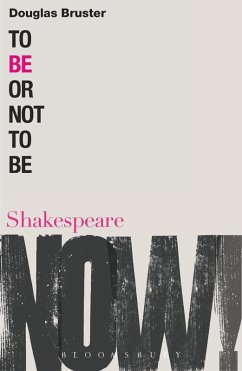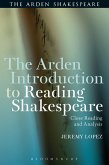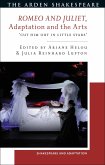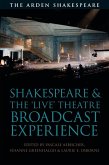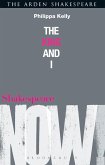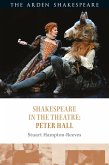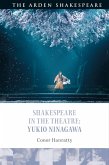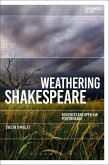Hamlet's "To be or not to be" soliloquy is quoted more often than any other passage in Shakespeare. It is arguably the most famous speech in the Western world - though few of us can remember much about it. This book carefully unpacks the individual words, phrases and sentences of Hamlet's soliloquy in order to reveal how and why it has achieved its remarkable hold on our culture. Hamlet's speech asks us to ask some of the most serious questions there are regarding knowledge and existence. In it, Shakespeare also expands the limits of the English language. Douglas Bruster therefore reads Hamlet's famous speech in "slow motion" to highlight its material, philosophical and cultural meaning and its resonance for generations of actors, playgoers and readers.
Bitte wählen Sie Ihr Anliegen aus.
Rechnungen
Retourenschein anfordern
Bestellstatus
Storno

